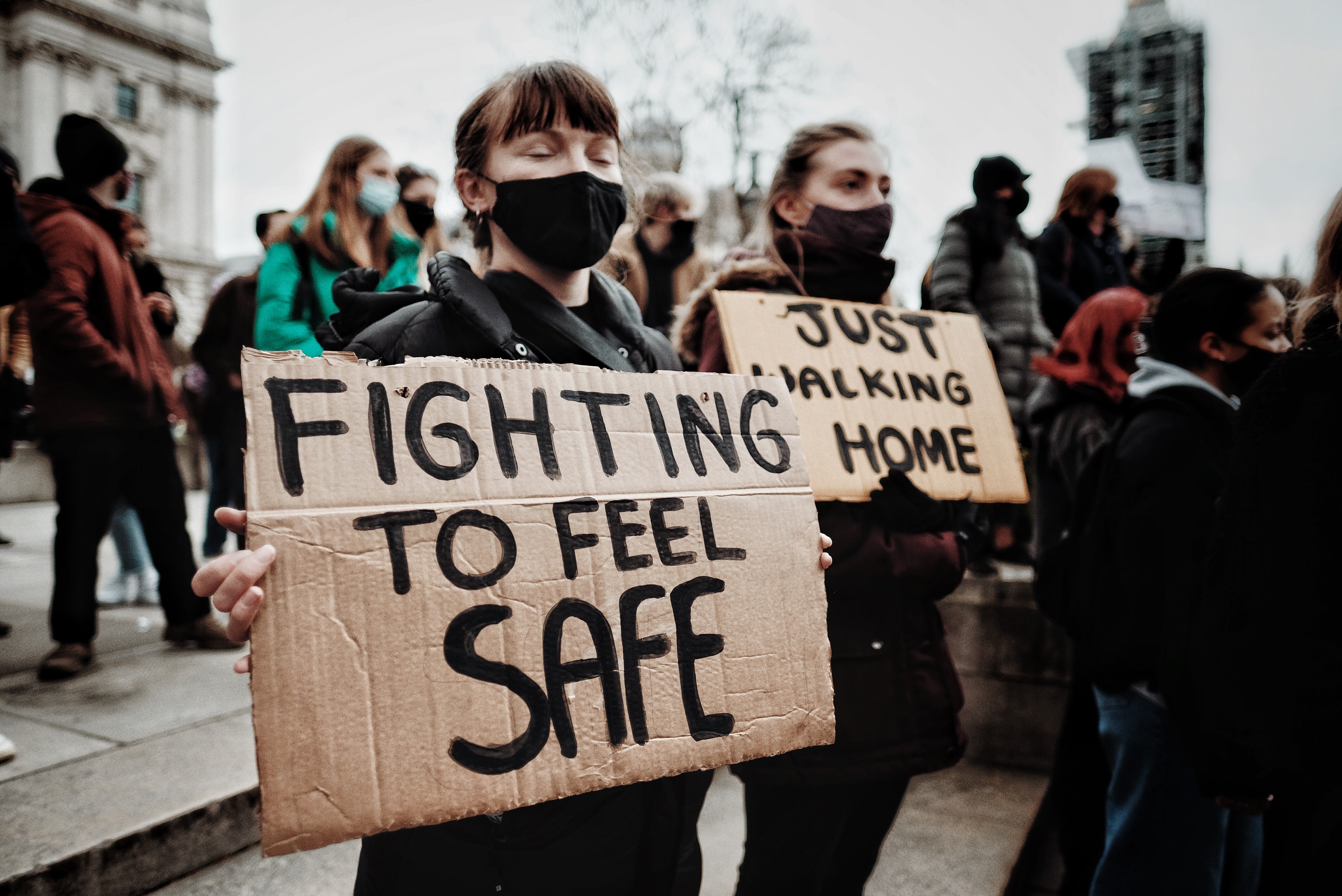Government will vote against making misogyny a hate crime after House of Lords backs new law, Dominic Raab suggests
Peers backed an amendment to the policing bill that would require police to record misogyny

Your support helps us to tell the story
From reproductive rights to climate change to Big Tech, The Independent is on the ground when the story is developing. Whether it's investigating the financials of Elon Musk's pro-Trump PAC or producing our latest documentary, 'The A Word', which shines a light on the American women fighting for reproductive rights, we know how important it is to parse out the facts from the messaging.
At such a critical moment in US history, we need reporters on the ground. Your donation allows us to keep sending journalists to speak to both sides of the story.
The Independent is trusted by Americans across the entire political spectrum. And unlike many other quality news outlets, we choose not to lock Americans out of our reporting and analysis with paywalls. We believe quality journalism should be available to everyone, paid for by those who can afford it.
Your support makes all the difference.The government will vote against making misogyny a hate crime after a new law was backed by the House of Lords, Dominic Raab has suggested.
An amendment to the policing bill, brought by the Tory peer and former victims commissioner Baroness Newlove, was voted through by 242 votes to 185 on Monday night.
Former Conservative Party chair Baroness Warsi was among the peers supporting the change, which would require police to record crimes motivated by hostility towards the sex or gender of the victims, and make judges take it into account when sentencing offenders.
MPs will vote on the amendment when the Police, Crime, Sentencing and Courts Bill returns to the House of Commons, but Mr Raab suggested the government would oppose it on Tuesday.
The justice secretary told BBC Breakfast that ministers had already put the “right measures” in place and considered making misogyny a hate crime.
“We looked at it very seriously, the Law Commission went and looked at it for quite some time and came to the view it would be counter-productive and not effective as a measure, so we want to take the most effective measures,” Mr Raab added.
“We take this very seriously, we need to deal with this in a whole range of ways.”
He said the government was taking other measures to “make women feel more supported”, including extending time limits for reporting domestic assaults, and criminalising “breastfeeding voyeurism”.
Mr Raab was ridiculed for previous remarks on misogyny in October, when he said it was “absolutely wrong, whether it’s a man against a woman or a woman against a man”.
Addressing the House of Lords on Monday, Baroness Newlove said much of the violence towards women in British society was caused by the “misogyny that some hold in their hearts”.
“If we want to restore confidence for women that the police and the criminal justice system want to keep them safe from those who would do them harm, we need to start by naming it and then doing something about it,” she added.
“It is perverse that, despite 3 million crimes being committed against women in just three years, our legal and policing systems do not routinely recognise what we all know is blindingly obvious: the deep-rooted hostility towards women that motivates many of these crimes.
“As a society we have rightly taken steps to acknowledge the severity of racist or homophobic crimes, but have not yet acted on crimes driven by hatred of women.”
Baroness Newlove said the amendment was a chance “to ensure that the law is on the side of women, rather than on that of those who seek to abuse and harass them”, adding: “It is time for deeds, not words.”
An official review stopped short of calling for misogyny to be made a hate crime last month, despite mounting calls for change following the murder of Sarah Everard.
The Law Commission said sex or gender should not be made a “protected characteristic” that can be used to record incidents and increase sentences alongside race, religion and other factors.
Following a review commissioned by the government in 2018, the independent body said the move would be “ineffective at protecting women and girls and in some cases, counterproductive”.
A group of women’s rights and hate crime organisations, including the Fawcett Society and Citizens UK, said the review was too narrow and had offered no alternatives to “help address widespread concerns about the lack of action by the criminal justice system”.
The Law Commission’s position was also at odds with senior police officers who publicly backed making misogyny a hate crime last year.
The national police lead for hate crime, Mark Hamilton, said he personally supported adding sex or gender to the current list of protected characteristics.
He told a conference in November it would not cause officers to be “inundated with bureaucracy” and added: “I think it’s a good way of understanding offender behaviour and preventing things escalating from the more minor offences up to sexually motivated crime and murder.”



Join our commenting forum
Join thought-provoking conversations, follow other Independent readers and see their replies
Comments